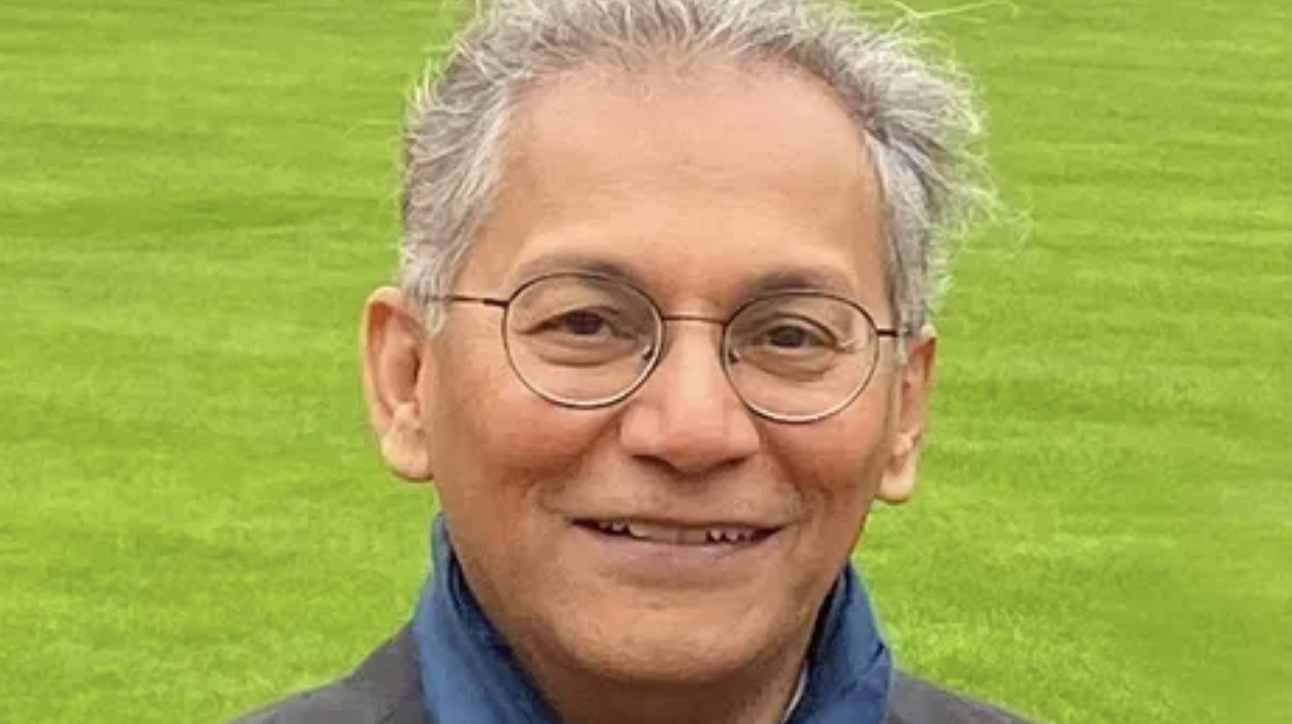If anyone can save the BBC, it is probably Samir Shah. He is a media entrepreneur and the first BBC chair to have built his own private sector business. He was once a journalist, then a programme-maker, and understands the distinction between reporting and campaigning, which many young journalists at the corporation seem to struggle with. He is a clear and rigorous thinker who knows how to run a meeting, according to those who have sat in many of them.
Perhaps most importantly, in these over-politicised times, he is a leading member of the counter-establishment establishment, among whom people of colour feature prominently, including his fellow secular Muslim Kishwer Falkner at the EHRC.
By the counter-establishment establishment I mean people who are capable of resisting the blandishments and sometimes irrational groupthink of a modern progressivism that has undue influence at the top of British society, including at the BBC. The arrival of a Starmer government is likely to strengthen that progressivism, whatever the Labour leader himself says, and we need bulwarks of intelligent common sense, such as Shah, to resist it.
He has already won several decorations in this battle. As chair of the Museum of the Home he resisted the bid by some members of staff to pull down the statue of the museum’s 17th-century benefactor Robert Geffrye, who had some links to the slave trade. Shah’s insistence that due process be observed led to the establishment of the Heritage Advisory Group and the end of the statue madness.
He was also a member of the Tony Sewell-led CRED commission on race that challenged some of the orthodoxies of today’s anti-racism. And, more recently, he was tasked, alongside Madeleine Sumption of the Migration Observatory, with reviewing the BBC’s coverage of immigration. I was one of many people interviewed for the review and, without claiming to read his mind, he did not seem unsympathetic to the claim that a relaxed, liberal, London-centric view was too evident in the coverage. One small example: on the day I was interviewed there was an announcement of another big leap in numbers and BBC News led on how quickly asylum claims were being processed.
His production company Juniper TV made the 2016 documentary fronted by Trevor Phillips detailing what British Muslims really think about gays, Jews, and terrorism, among other subjects. It caused an uproar. But unlike Phillips, his close friend who started at London Weekend Television on the same day in 1979, Shah has been adept at keeping out of the headlines. “The thing about Samir is that he is a very careful and rigorous thinker,” says Phillips. “He is capable of being very dispassionate and, by the way, he is certainly not a Tory.” After their stint at LWT, Shah went off to Channel Four to make the programme Eastern Eye while Phillips made Black on Black.
Shah, like Phillips and many other members of the counter-establishment establishment, has been on a journey. This extends from a PhD on the French Marxist theoretician Louis Althusser to writing about the excesses of race politics in the Spectator (including his recollection of constantly being mistaken for a minicab driver in media offices when brown-skinned people were rarer).
Restoring faith in the BBC as an efficiently run organisation, as an impartial purveyor of news that is also capable of holding power to account (in a less shrill way than Newsnight), and as an institution that can still speak to the whole country in more divided times, may be an impossible job.
Like many other people of my age and outlook I have largely given up on BBC radio and TV, preferring podcasts for ideas and opinion and streaming services for drama. When I was drawn back to it during the pandemic I was shocked by how dumbed-down and emotional most of the coverage was. And whenever I am driving and turn on Radio 4, it is usually only a matter of minutes before some minority cause is being advocated.
As it happens it is Shah’s half-brother, Mohit Bakaya, who has been running Radio 4 since 2019. Bakaya is said to share much of Shah’s sceptical outlook, yet in my unscientific sampling of the station the campaigners still have a loud voice (some conservative alternatives have made it onto the schedule, such as comedian Geoff Norcott). This may be a warning not to place excessive faith in the man at the top to be able to change much, at least not at all quickly.
The NHS and the BBC are two great institutions that help to distinguish us from the US, and both are in poor health. Shah is returning to the BBC after 25 years, having served as head of television current affairs and political journalism, so he will have some sense of the enormity of the task facing him. He was raised a Jain in India before coming to England in 1960 aged 9 and later converting to Islam to marry his wife Belkis. One of Jainism’s guiding principles is to always tell the truth. The BBC certainly needs plenty of brutal honesty from Shah.











Join the discussion
Join like minded readers that support our journalism by becoming a paid subscriber
To join the discussion in the comments, become a paid subscriber.
Join like minded readers that support our journalism, read unlimited articles and enjoy other subscriber-only benefits.
Subscribe